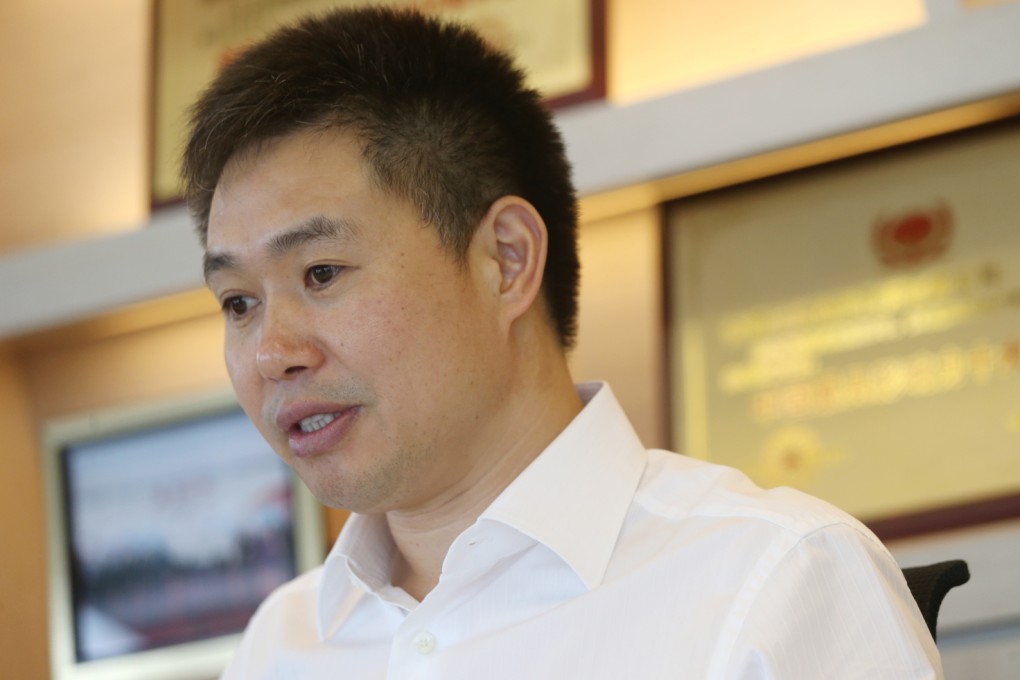Wuzhou seeks strategic investors to accelerate logistics growth
With the boom in e-commerce driving the growth in logistics property on the mainland, Shu Cecheng is on the lookout for strategic investors to speed up Wuzhou's expansion

Logistics-related property is a hot sector in China now, thanks to a boom in e-commerce, with just a handful of developers enjoying the spoils. Wuzhou International Holdings is one of them. The Jiangsu-based developer posted revenue of 2.5 billion yuan (HK$3.1 billion) in the first half of this year.
Founder and chairman Shu Cecheng has been busy talking to strategic investors in an effort to speed up his company’s expansion as the logistics industry develops.
Ping An Real Estate, PAG and Global Logistic Properties are not among your shareholders now, right?
They will be in the future. We have announced that Ping An Real Estate and PAG will invest in our convertible bonds. The bonds will most likely be converted into shares, as we’ve given them a cheap premium [on conversion price] of only 8 per cent. Otherwise, we would ask for a premium of at least 25 per cent.
We have discussed the option of allowing them to become shareholders directly, but the approvals would take longer. They are keen to invest before our share price rises too much. As potential shareholders, we can give them a low premium.